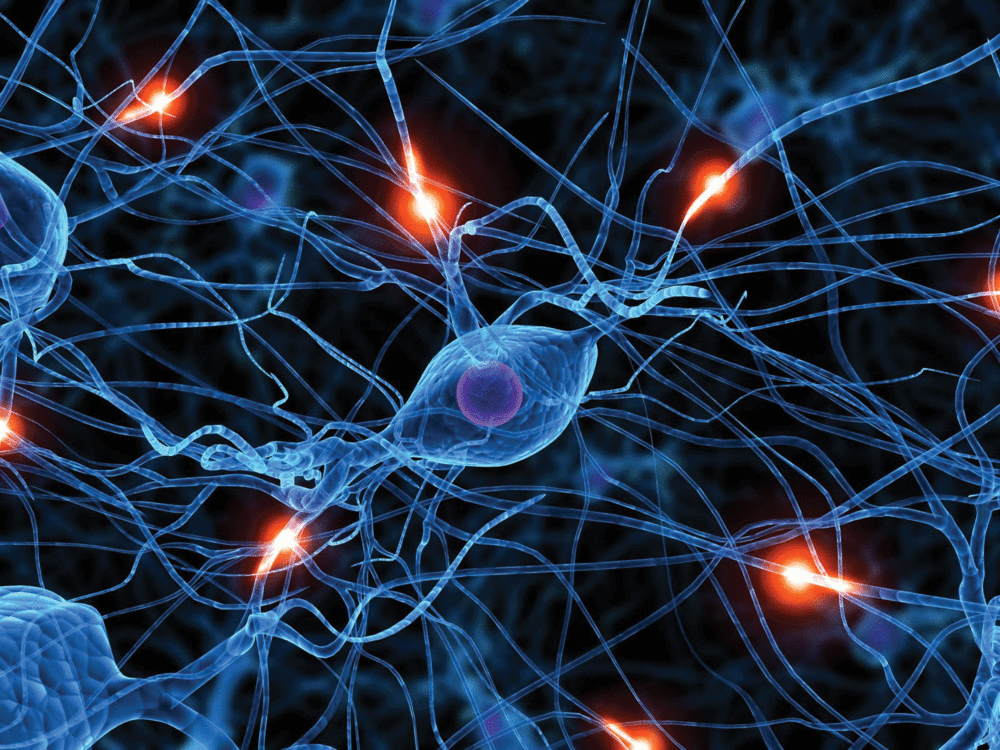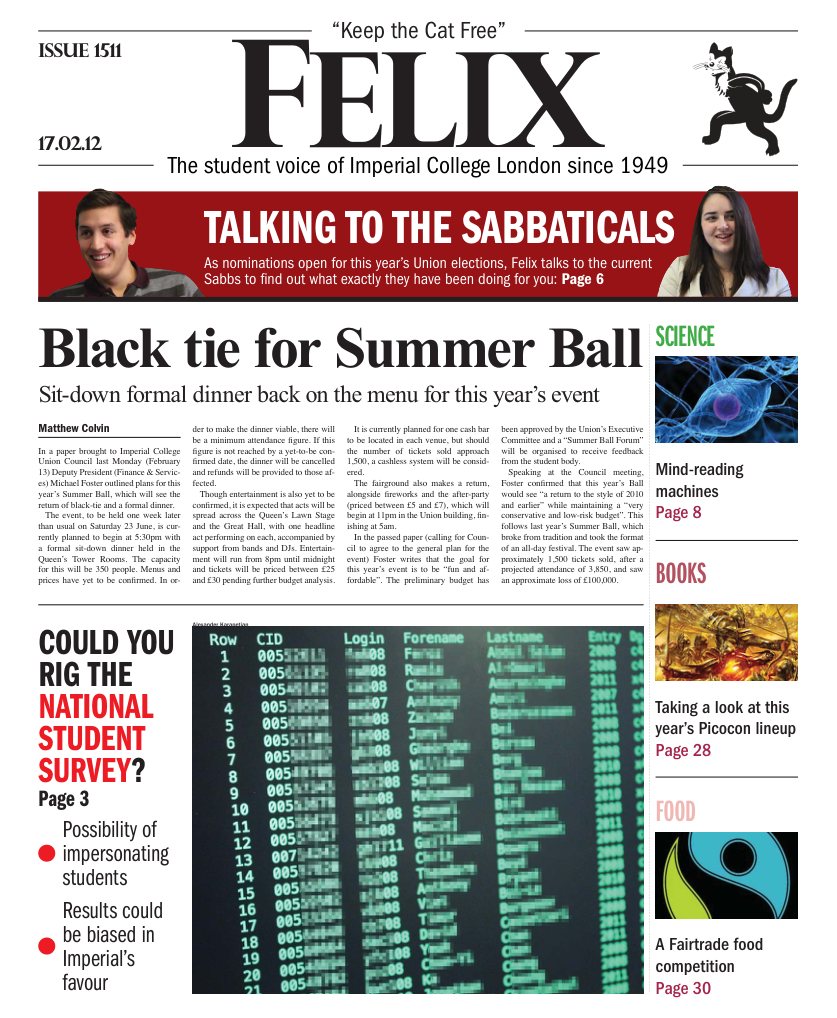Mind reading programs?
New insight into the language-processing functions of the brain

Scientists from the University of California, Berkley, have been able to successfully determine fragments of people’s thoughts by decoding brain activity caused by words they hear.
The study has given researchers further insight into how the brain processes language and paves the way for devices that may be able to help those without the power of speech. Researchers believe this may be the first step to primitive brain implants that can monitor people’s thoughts and speak on behalf of them.
The study held in the US showed that a computer could play back words that the patients heard by analysing their thoughts, though the words played back were sometimes not clear. Speaking to The Guardian, Robert Knight, director of the Helen Wills Neuroscience Institute, said “this is exciting in terms of the basic science of how the brain decodes what we hear. Potentially, the technique could be used to develop an implantable prosthetic device to aid speaking, and for some patients that would be wonderful.”
“The next step”, he continued, “is to test whether we can decode a word when a person imagines it. That might sound spooky, but this could really help patients. Perhaps in 10 years it will be as common as grandmother getting a new hip.”
The study involved playing a series of words to the patients for up to ten minutes while recording their brain activity from electrodes placed across the surface of their brain. The top of the patients’ skulls had been removed previously in an operation to treat intractable epilepsy, allowing this procedure to be carried out. The activity from the electrodes showed that the brain broke down sound into their constituent frequencies and the program kept track of this.
Another collection of words was then played to the patients to see whether the program could differentiate between words that were repeated from before and those that were new. The list of words included “Waldo”, “structure”, and “property”. The scientists got their best results when activity was recorded in the superior temporal gyrus, above the ear. Brian Pasley, a scientist on the team, compared the technique to a musician who could hear a piece in their mind just by knowing which notes are played.
The study raises implications for potential mind reading programs, though the scientists point out that it would require the skull of the participant being opened up. Even if a device were to exist without such intrusive measures, it would be difficult to differentiate between an inner monologue and words intended to be said aloud, therefore impacting any ability to aid the speechless.
Though the scientists’ work must not be underestimated, Guardian blogger Mo Costandi wrote that “we are nowhere near being able to decode and reconstruct such complex neural activity [as our extremely rich stream of consciousness]”, and that “it may, in fact, never be possible”. It is likely that “your thoughts will remain private for a very long time.”
DOI:10.1371/journal.pbio.1001251







